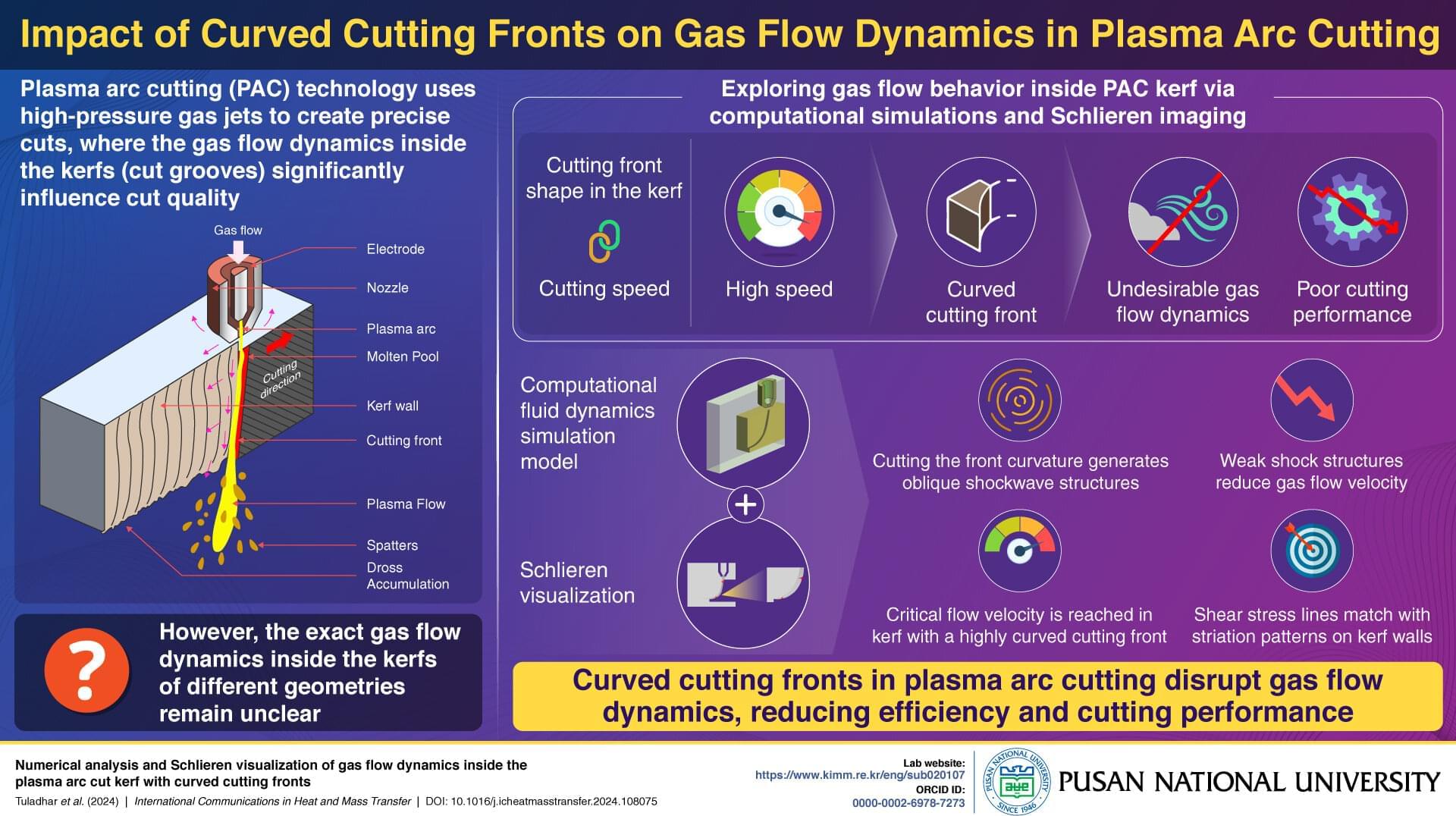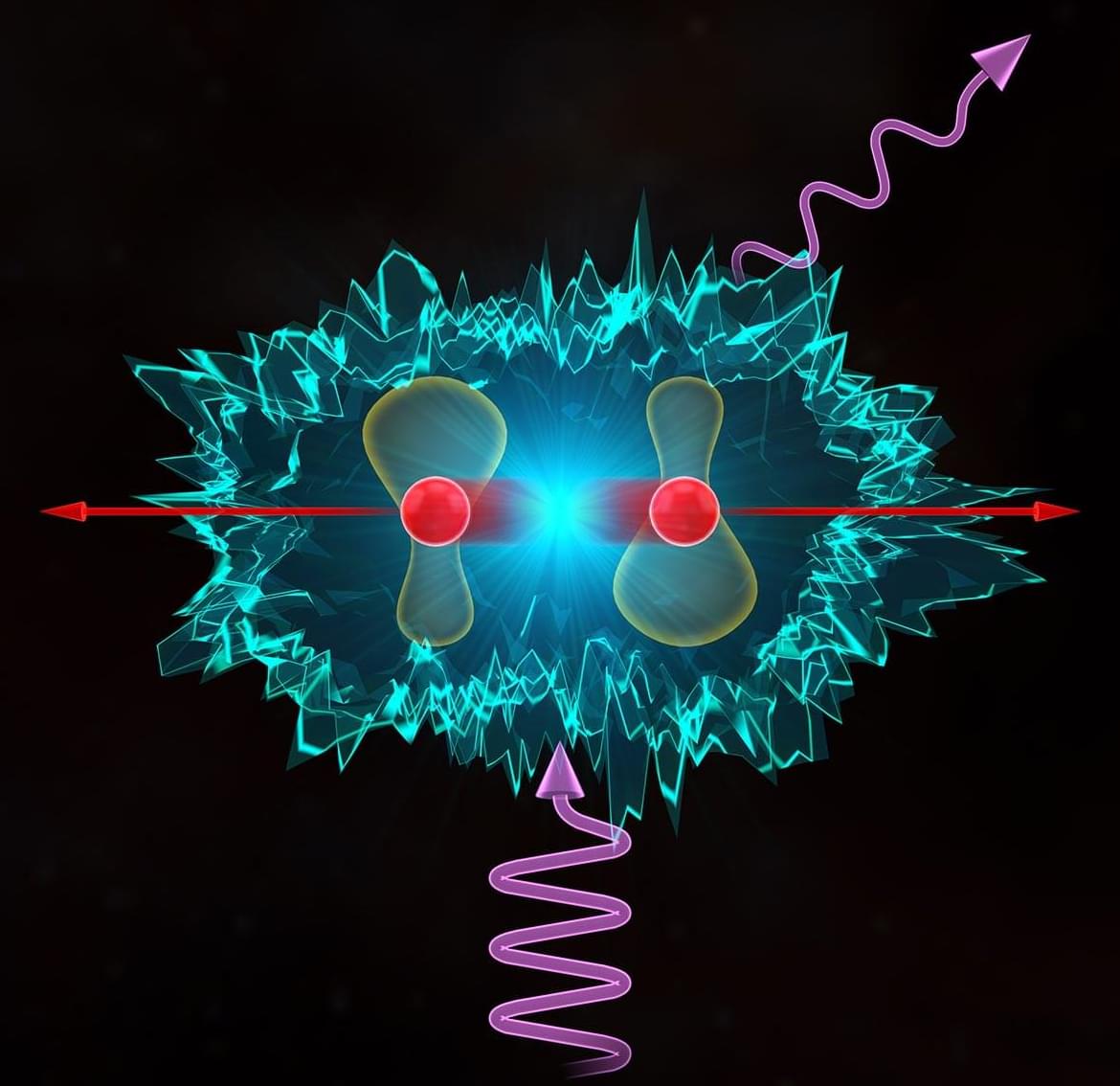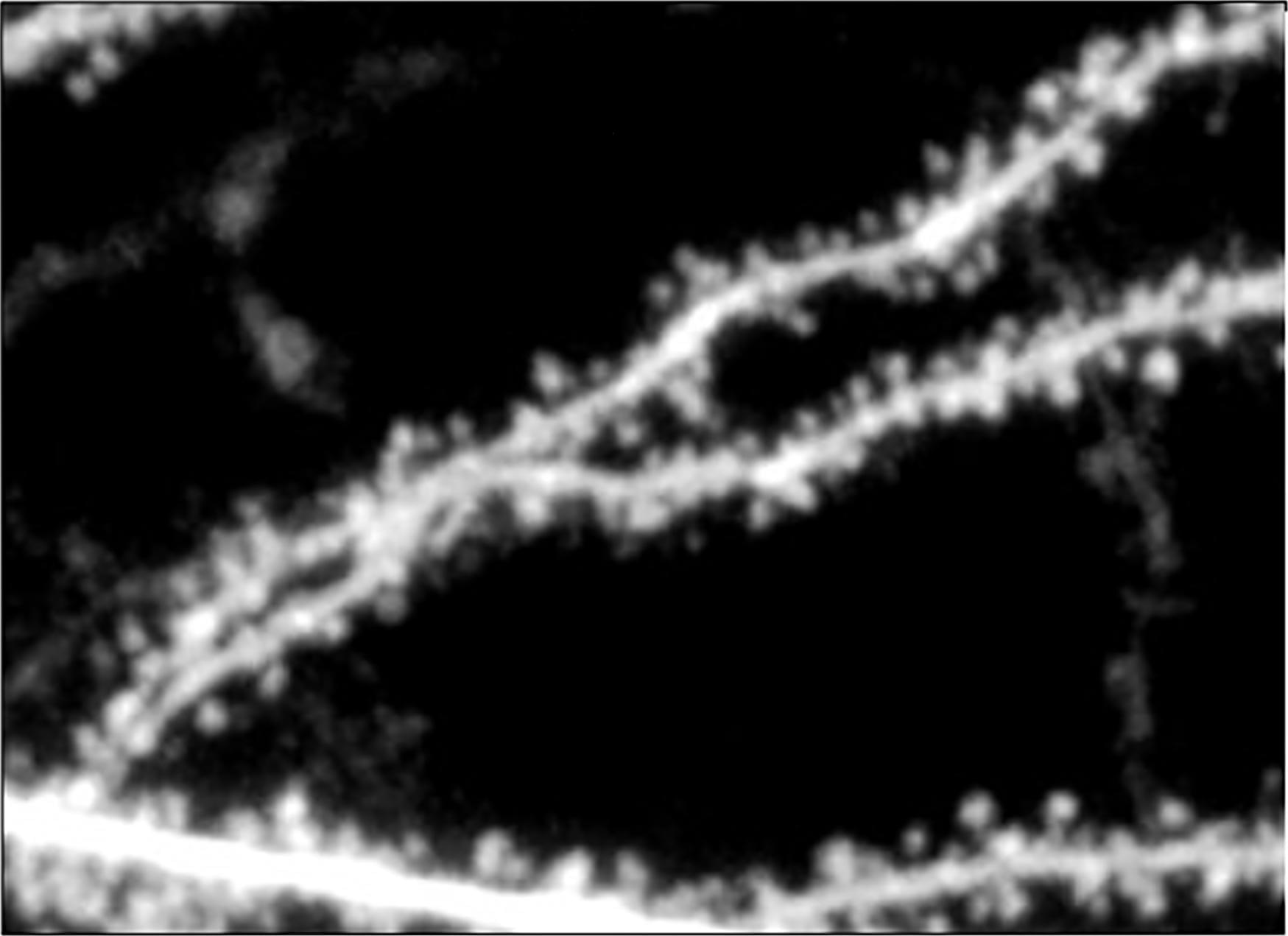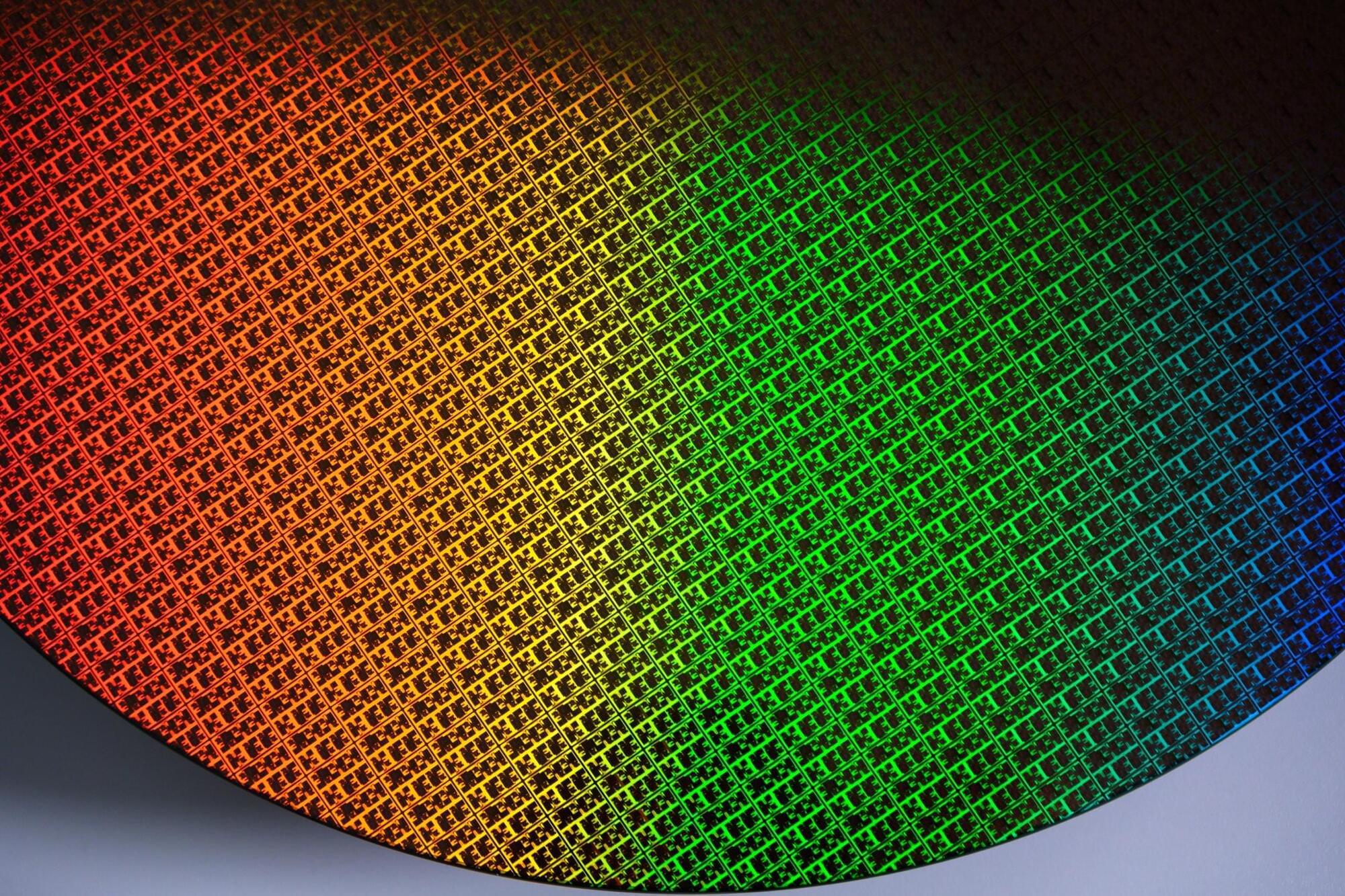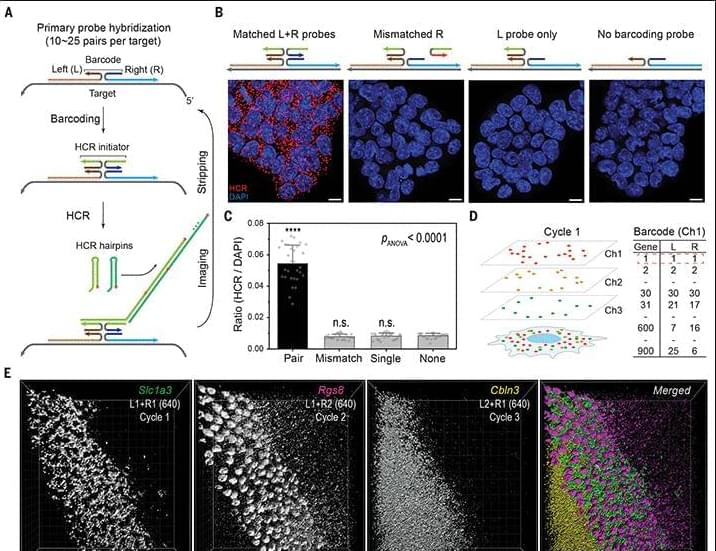Plasma arc cutting (PAC) is a thermal cutting technique widely used in manufacturing applications such as shipbuilding, aerospace, fabrication, nuclear plants decommissioning, construction industry, and the automotive industry. In this process, a jet of plasma or ionized gas is ejected at high speeds, which melts and subsequently removes unwanted parts of materials from electrically conductive workpieces such as metals.
The plasma jet is typically produced in two steps: pressuring a gas through a small nozzle hole and generating an electric arc via power supply. Remarkably, the introduced arc ionizes the gas coming out of the nozzle, which in turn generates plasma with extremely high temperatures. This enables the plasma jet to easily, quickly, and precisely slice different metals and alloys.
The quality of workpieces cut using PAC depends on various factors: kind of plasma gas and its pressure, nozzle hole shape and size, arc current and voltage, cutting speed, and distance between the plasma torch and the workpiece. While most of these factors are well understood in the context of PAC, the impact of gas flow dynamics on cut quality remains less clearly known. This is mainly due to challenges in visualization of the flow dynamics.
